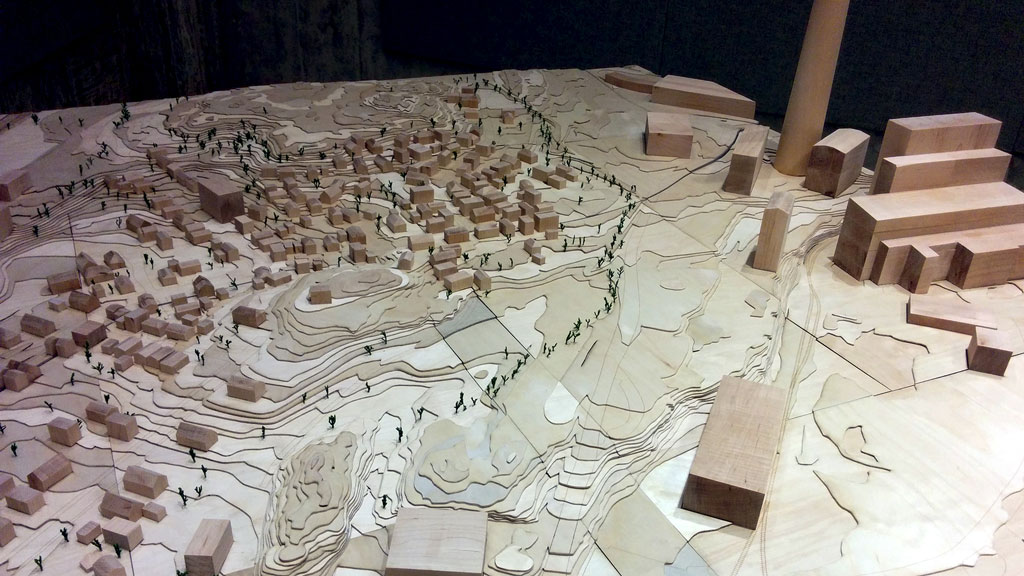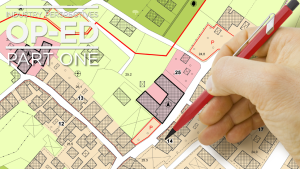Laurentian University’s McEwen School of Architecture (MSOA) in collaboration with various community groups in Sudbury, Ont. is leading an international design ideas competition on the city’s urban core.
“There are chances to rethink and reimagine the city in the next 10, 20 and 30 years,” says Terrance Galvin, a professor and the founding director of MSOA.
“What could it look like to be this scale (of city) but actually be much more productive than (just) taking resources? That is (part of) the challenge.”
Called Sudbury 2050 — Urban Design Ideas Competition, it is open to anyone, ranging from internationally known architects to local community groups. Since it was launched in February, the competition has received more than 360 entries from more than 58 countries.
“It was our intent to make it a global challenge…to think about cities of this scale,” says Galvin, noting that it is unusual for a small city, Sudbury has 160,000 residents, to hold an international design ideas competition.
The city’s urban core is the focus. Entries could reflect major building projects proposed and natural elements such as Lake Ramsey and surrounding parklands, he says.
Submissions might examine the natural setting of the Sudbury region that has more than 330 lakes and also take into account its major resource industries, forestry and mining, the latter of which has seen major “re-greening” initiatives, Galvin says.
New eco-friendly materials such as cross-laminated timber fit into the city’s climate change energy document and the new community energy and emissions plan, the architect says, adding he expects regenerative design and sustainability will be weaved into the themes of many submissions.
Entries should take into account the impact of the pandemic on future urban design and planning.
The evolution of live-work arrangements is a case in point.
“We’re trying to promote new perspectives, revealing unimagined opportunities,” he says.
Information gleaned from submissions will be distilled into a document used by the school of architecture, he says, adding that city leaders across Canada could tap into it.
“Cities do share information. A good (urban) case study in a place is often shared with another place,” he adds.
The competition’s jury will include local and internationally known architects, sustainability consultants, architectural faculty and students, political leaders and community members.
“We want to get urban design, planning and architecture issues out front and we want experts in things like climate change and timber,” he says.
There will be $63,000 in prize money divided up in three categories: open, student and people’s choice. The deadline for online submissions is Aug. 28.
Galvin says he expects winners will be selected in the winter of 2021.











Recent Comments